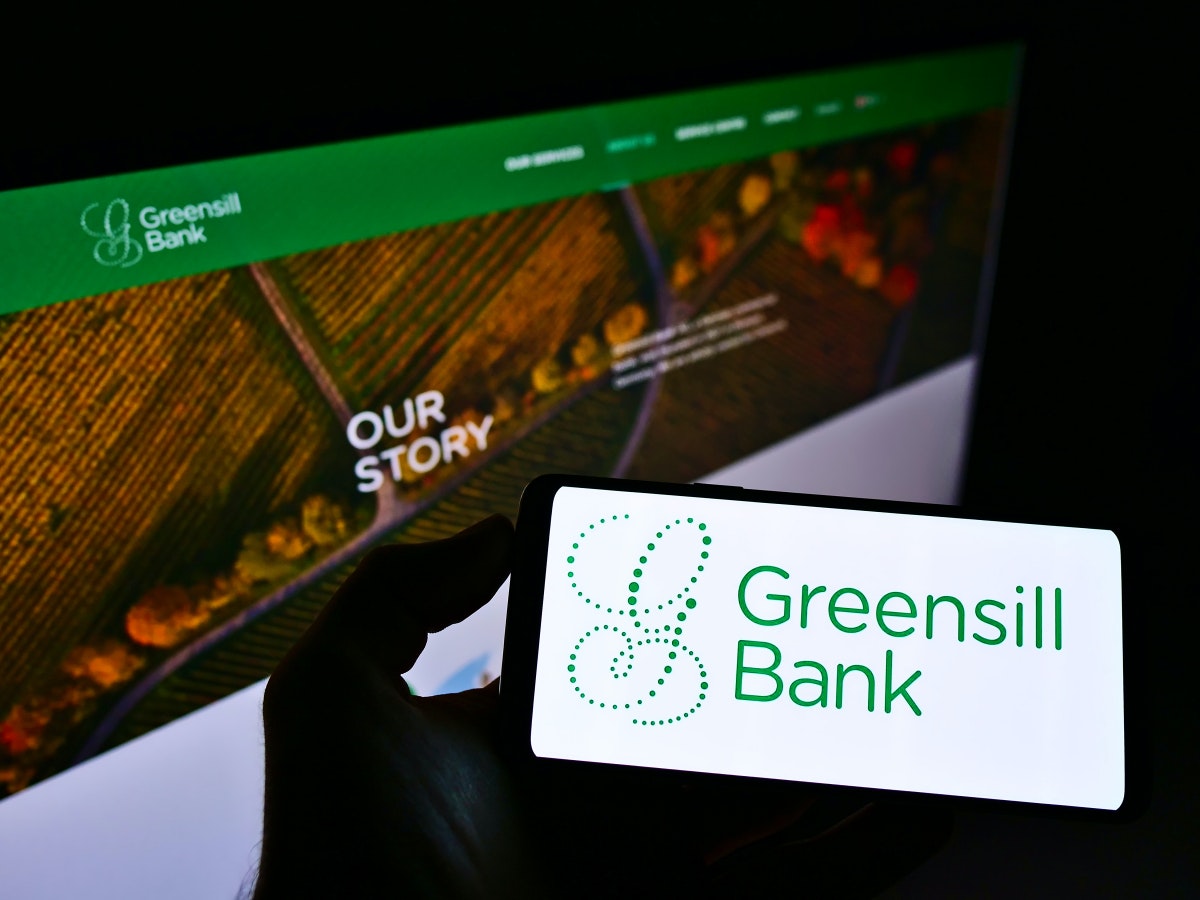What will become of the investor money and what role do interest rate portals play?
No time right now?
Bremer Greensill-Bank is under a moratorium from the financial supervisory authority Bafin. What platforms like Weltsparen and Zinspilot have to do with it and what investors looking for high interest rates should now consider.
The Greensill-Bank is mainly known to German consumers because in the past they have used interest portals such as Interest rate pilot and has collected world savings. Now the financial supervisory authority Bafin has sent a special representative to the small Bremer Bank and imposed a moratorium, which should be a real alarm signal for investors and bankers. The bank is currently only allowed to accept funds to settle debts, no more new investments or fixed-term deposits. According to the Reuters news agency, the debt should be EUR 3.3 billion.
According to a statement, the Bafin stepped in because the bank could not prove that certain claims exist at all (or at least not in the estimated value). Even if this is about proverbial peanuts compared to the Wirecard case, the case is somewhat reminiscent of the Aschheim-based financial group. That probably also explains why the Bafin prefers to take another look here and now step in. In comparable cases, however, the intervention of the financial supervisory authority was entirely justified.
Contents
Is Greensill a case for your deposit protection fund?
If the inspectors are correct here too and a “compensation case” occurs, the creditors would receive their money – a maximum of 100,000 euros – from the deposit protection fund of the German banking industry. After all, the case concerns a company that belongs to the German fund, which, according to today’s opinion, would be able to step in. It would be about money in the three-digit million value or beyond the billion. The major Swiss bank Credit Suisse could also be among the creditors. But one after the other.
Behind the Greensill Bank is a British-Australian investor group called Greensill Capital, whose financial situation is also to be assessed as uncertain and “in distress”. In Australia in particular, the company earns its living with supply chain financing, for example for agriculture. The Greensill-Bank is the former Bremer Nordfinanz-Bank, which Greensill Capital had probably acquired on the basis of the banking license – here, too, parallels to the history of Wirecard (in the noughties). But Greensill is packing the receivables into funds that investors can buy, allowing the money raised to be invested in new trade receivables. According to media reports, Credit Suisse, which has been supplying institutional investors with these funds for years, is now doubting that the claims have the value shown by Greensill at all.
The funds from German small investors, which were raised through the Greensill-Bank in Bremen, should provide the necessary buffer for such transactions and are more or less a second mainstay. Around a quarter of the total should come from the savings sock of German investors – and most of them came via platforms such as Weltsparen and Zinspilot. At Weltsparen (Raisin Group) are loud Finance Forward 15,000 customers are affected who have received between 0.25 percent and 0.55 percent interest on their funds. Zinspilot (Deposit Solutions), the other portal that also sold Greensill’s products, does not currently provide any information on the case.
Even more banks in the Greensill area
But there is another twist: An Indian steel contractor named Sanjeev Gupta works closely with Greensill boss Alexander Greensill. He in turn also has its own banks, namely the London-based Wyelands Bank and, for a few months, the Romanian credit institution BRCI. Regular readers of the relevant interest portals that mediate money across Europe and around the world are also quite familiar with this. BRCI offers were also to be found on some interest portals until the end, not only on the two mentioned ones, by the way. Some of the offers in question were still listed until Tuesday.
The situation for investors is currently confusing, but a loss cannot yet be assumed. In a similar case in the past – it was about the Estonian Versobank, but only about license disputes and not about possible insolvency – an interest portal had supported the customers.
In the specific case, the deposit protection fund of the Federal Association of German Banks (BdB) should foot the bill if the bank cannot. The case is – after Lehman, where 6.2 billion euros were on the lid – the second largest in Germany. But experience has shown that this can take time, even if the German deposit insurance fund only speaks of seven days. And in the case of foreign banks, the situation is likely to become even more complicated, customers of the Icelandic Kaupthing Bank, which became insolvent as part of the subprime crisis, know that only too well. In this specific case, investors did not get their money for a long time.
Investors who use fixed-term or overnight money offers via interest portals such as Weltsparen, Zinspilot or Check24 can learn two things from this: The German deposit insurance works and, according to its own statements, wants to regulate the damage to investors quickly in the event of damage. But: The ratings of the respective countries, which are included in each of the offers, are definitely justified. It is up to every investor to decide for themselves whether the slightly higher interest rate abroad or at lesser-known German banks is worth the associated risk. Because every better interest rate goes hand in hand with an increased risk – there’s no free lunch.



